Outside
Breaking free of a cubicle isn’t solely about leveling up skills, working remotely, or starting one’s own business; it’s also about opting for employment in the Great Outdoors.
German poet Rainer Marie Rilke was onto something when he stated, “If we surrendered to earth’s intelligence we could rise up rooted, like trees.” There’s loads of evidence that spending more time in nature in beneficial for our health. It boosts our immune systems, elevates our mood, increases our ability to focus, lowers our blood pressure, facilitates our recovery from injury or illness, heightens our energy, and improves the quality of our sleep. Spending time outdoors not only improves our mental and physical health, but it’s also been shown to boost children’s academic performance and amplify people’s creative abilities.
For those seeking to unite these benefits with the activity that occupies most of our waking hours—paid work—you’ve come to the right place.

What Are the Top-Paying Careers for Nature-Lovers?
Nature enthusiasts say that even a bad day outdoors is better than a good day indoors. Even when conditions aren’t ideal, some people simply prefer an occupation or lifestyle allowing them to avoid four walls and a ceiling.

Guide to Top-Paying Careers for Mountain-Lovers in 2025
Living and working in mountain habitats typically provides a lifestyle void of city hassles. Less traffic, fewer people, more nature, and abundant fresh air are several of the benefits. Access to mountain activities is also a draw, including hiking, skiing, camping, and other pursuits.
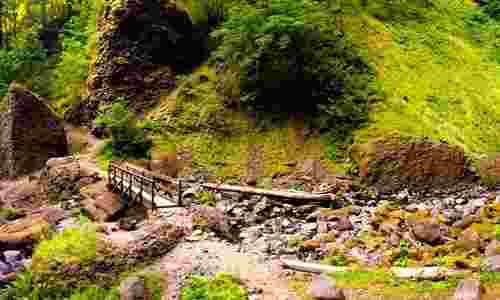
Recycling Envy: Ten American Cities with Excellent Practices (2025)
In 2018, the most recent data available, the United States sent 146.1 million tons of trash to landfills. This is over 7 million more tons of waste than in 2017. In our age of innovation and awareness, the United States recycled or composted only 32.1 percent of its municipal solid waste (MSW), according to the EPA.
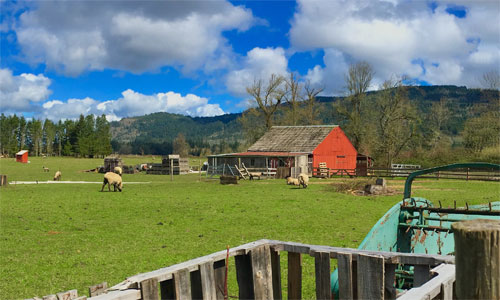
Artisan 2.0: A Guide to Craft Careers
Making. DIYing. Handcrafting. The rise of makers and crafters may seem like a departure from the traditional nine-to-five career with benefits, but as the Economist points out, the notion of the “company man” (or woman) is really just a post-war construct: self-sufficient artisans are the labor market’s historical norm

Guide to the Top-Paying Careers for Ocean-Lovers
There are numerous careers available that offer both high wages and the ability to spend extended time with the ocean. Some of the best jobs for ocean-lovers also have a balance of time in an office with extensive periods outdoors. Those wanting to be outside all the time will also find several careers that have them on the water almost every day.

Recycling is Dead in the United States - How You Can Help Get Us Back on Track
When China stopped buying raw recycled materials from the U.S. in 2018, the event revealed a gaping hole where domestic recycling infrastructure in the U.S. should’ve been. This article offers a story of why recycling in the U.S. is currently in crisis, and questions that may unearth how you can be a part of the solution.

Creating a Regenerative Earth: Ten Green Companies Who Are Hiring
If the pause caused by the pandemic brought you to the conclusion that it’s your time to do your part for our earth, this article will introduce you to companies, businesses, and organizations that have the word “regenerative” in their vocabularies. Just one step past the “do no harm” mentality of sustainability, regenerative-minded businesses wish to put more resources back into earth and society than they take out.
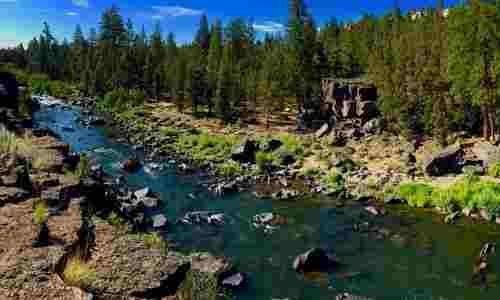
Top Outdoorsy Towns Hiring in 2021
Life’s too short to be spent indoors, or waiting in traffic. If you’re curious as to what opportunities are out there, we’ve got the list for you. Read on to get the details of the top outdoorsy towns hiring in 2020 and leave the smog in your rearview mirror.
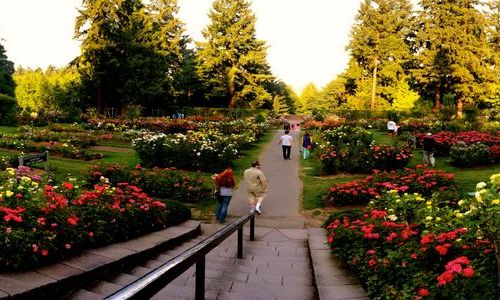
Green Thumb: How to Grow Plants for Your Home or Business
Local plant expert and owner of Fox Hollow Creek Nursery in Eugene, Oregon, Michael Kaszycki recommends that novice gardeners looking to beautify their properties, decorate their homes, or grow their own veggies, think carefully about what they want to do before planting.

How the Youth is Taking on the U.S. Government to Combat Climate Change
The landmark constitutional climate change lawsuit, Juliana v. the United States, was filed in 2015 by 21 youth plaintiffs from around the U.S. The case against the federal government targets national fossil fuel programs, claiming that ignoring the harmful impact of fossil fuels on climate change is a violation of the constitutional rights of children and a failure to protect public trust resources.

How to Track Animals: An Interview with an Expert
Animal tracking not only provides an in-depth knowledge of animal behavior and movement, but it also allows a broader understanding of how societal development could hamper or benefit animal populations. And while animal tracking has changed drastically due to advances in modern technology, the human element remains of critical importance.
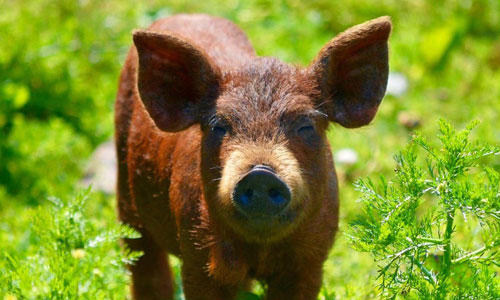
What is Homesteading? An Interview with the Owner of Table Bluff Farm
To anyone caught up in the jagged gears of modern capitalism, leaving the rat race and becoming entirely self-sufficient is very appealing. There’s a beauty in returning to our earthbound roots, trading the glow of a computer screen for a radiant sunrise and living by the land’s clock—plowing, planting, pruning, and harvesting.

Seasonal Guide to Working Outdoors in the U.S.
Going out and experiencing the raw power of nature can lead to downright epic activities, as opposed to simply sitting around feeling so-so in an office or home. In some cases, there are opportunities to get outside, explore nature, and get paid for it.

The Anti-Cubicle: Workplaces Beyond Traditional Offices
As the great outdoors becomes the “next workspace frontier,” the average employee’s happiness may increase. And aside from telecommuters who have the freedom to work outdoors, there are many careers in which the fieldwork requirements can prove to be one of the best perks of the job.
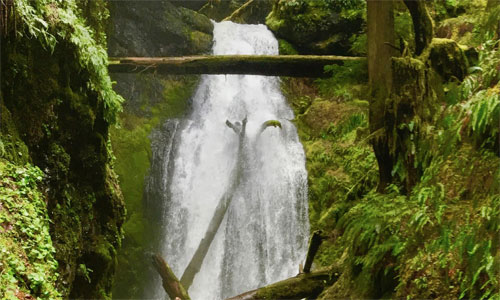
Guide to Awesome Careers Out in Nature
It’s rarely about the money. Ask someone with a job that keeps them outdoors why they’re there, and very few put “earning a steady, sizeable paycheck” at the top of their priority list.

